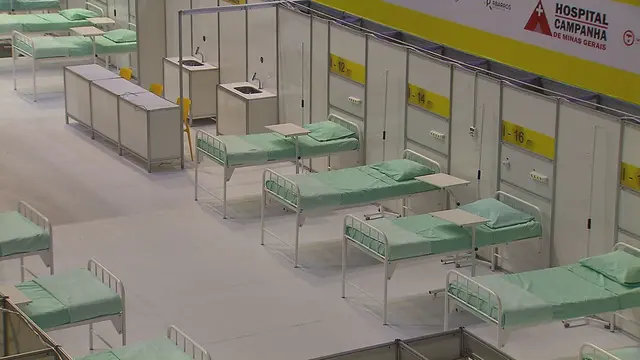Over 100,000 people on Sunday afternoon flocked to streets in Taipei to protest a cross-Strait service trade pact, while businesses executives called for an end to the protest.
Dressed in black shirts, many students and members of the public joined a sit-in at Ketagalan Boulevard, where the Taiwan leader's office is located, and nearby streets.
The mass sit-in began at 1 p.m. as a response to calls by student protesters who still occupied the building of Taiwan's legislative authority.
According to police estimate, participants of the sit-in reached 116,000 at its peak.
Protesters listened to speeches and chanted slogans demanding the withdrawal of the pact.
The crowd began to disperse at 7:40 p.m. following a concluding speech by student leader Lin Fei-fan, who vowed to continue the occupation of the legislative building as they were dissatisfied with the authority's response to their demands.
At the nearby Taipei Train Station, another group of people continued their rally on Sunday afternoon to call for social stability and urged students to leave the legislative building so it could resume its work.
Han Yunjie, chairman of a trade union, said small and medium-size businesses and the working class hope the service pact could come into force as soon as possible. Han called on the students to listen to rational suggestions of businesses and go home as quickly as possible, allowing the legislative body to operate smoothly and putting and end to infighting in society.
Taiwan-based China Times newspaper said in an editorial that the students had voiced their opinions and the public and the authority had heard them. The Kuomintang party had made proper compromises. It's time to leave the legislative building, allow the whole society to resume order and lead a rational life.
It also said that in the eyes of the majority of the masses, the students changed their demands several times and raised so many "conditions that may not be accepted". They are just simply enjoying the feeling of being antagonistic.
Infuriated by what they see as undemocratic tactics used by the ruling Kuomintang to ratify the pact, hundreds of college students stormed into the chamber of Taiwan's legislative authority on March 18.
Student protest leaders called for more Taiwanese to join them as they had failed to reach an agreement with the authority on ending the deadlock. The students have issued demands including rejecting the pact, passing a law to monitor future cross-Strait agreements and convening a "citizen constitutional meeting".
On Saturday, Taiwan leader Ma Ying-jeou agreed on the clause-by-clause review of the service pact. He however opposed the dismissal of the agreement, saying it would hurt Taiwan's economy.
As a follow-up to the 2010 Economic Cooperation Framework Agreement (ECFA), the service trade agreement aims to open up 80 of the mainland's service sectors to Taiwan and 64 Taiwan sectors to the mainland.
The Taiwan authority insisted the pact was vital for the island's economic liberalization and dismissed many fears cited by protesters, including massive job losses and mainland domination of key industries.
The Chinese mainland also considers the pact as mutually beneficial and hopes the economic cooperation between the two sides will not be disturbed by the dispute, Ma Xiaoguang, spokesman with the State Council Taiwan Affairs Office, said last week.
Speaking at a forum on Sunday, Chen Deming, president of the Chinese mainland-based Association for Relations Across the Taiwan Straits (ARATS), said the trade pact could boost Taiwan's economy as the economies of the mainland and the island are highly complimentary.
The service sector contributed for more than 70 percent of Taiwan's GDP, whereas the mainland has a strong manufacturing sector and records a trade deficit in its service industry, according to Chen.
Signed in June, the trade pact spent over five months waiting to be ratified in Taiwan's legislative authority. KMT legislators blamed the pro-independence opposition Democratic Progressive Party (DPP) for persistently blocking the review process.
The pact was sent to the legislative session on March 17 after the KMT unilaterally decided that the clause-by-clause review had been completed. The decision sparked protests from the DPP and students.
 简体中文
简体中文


